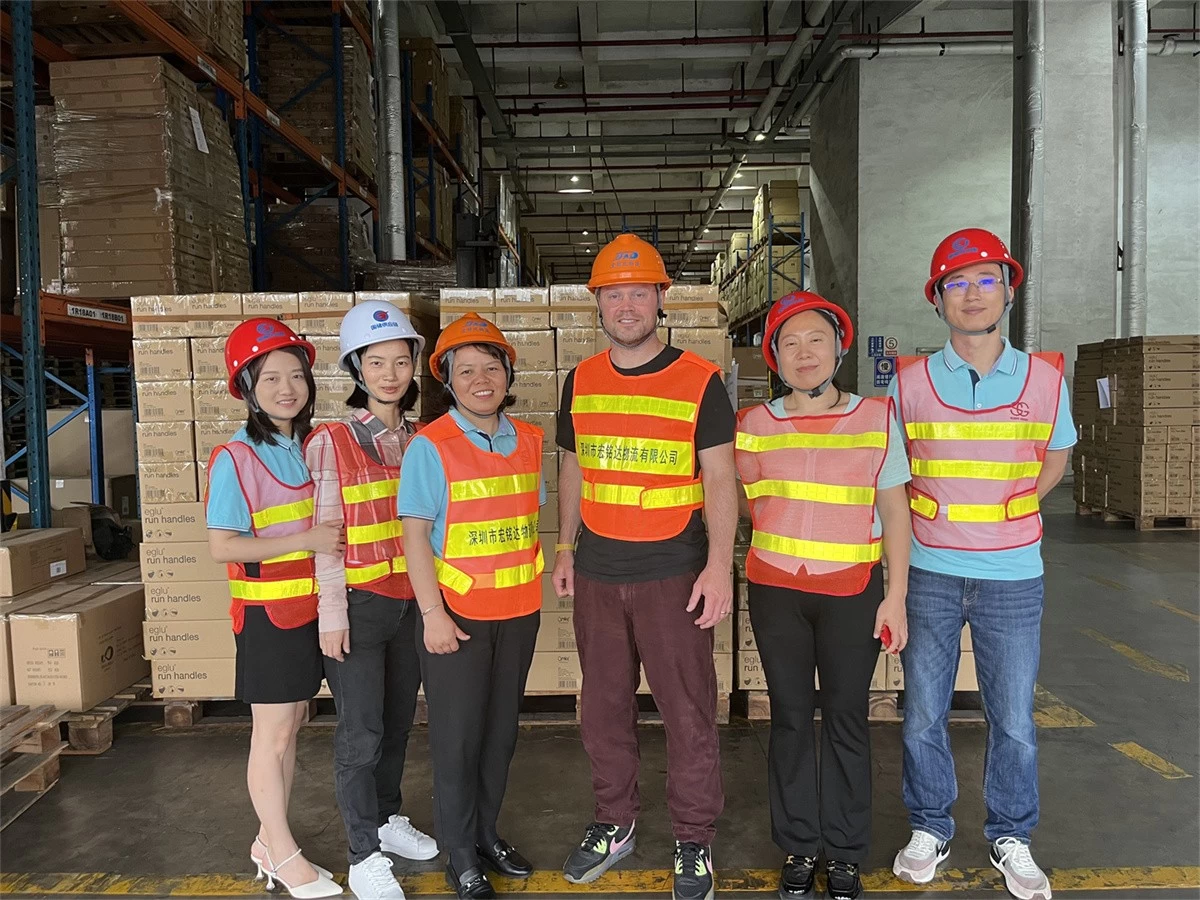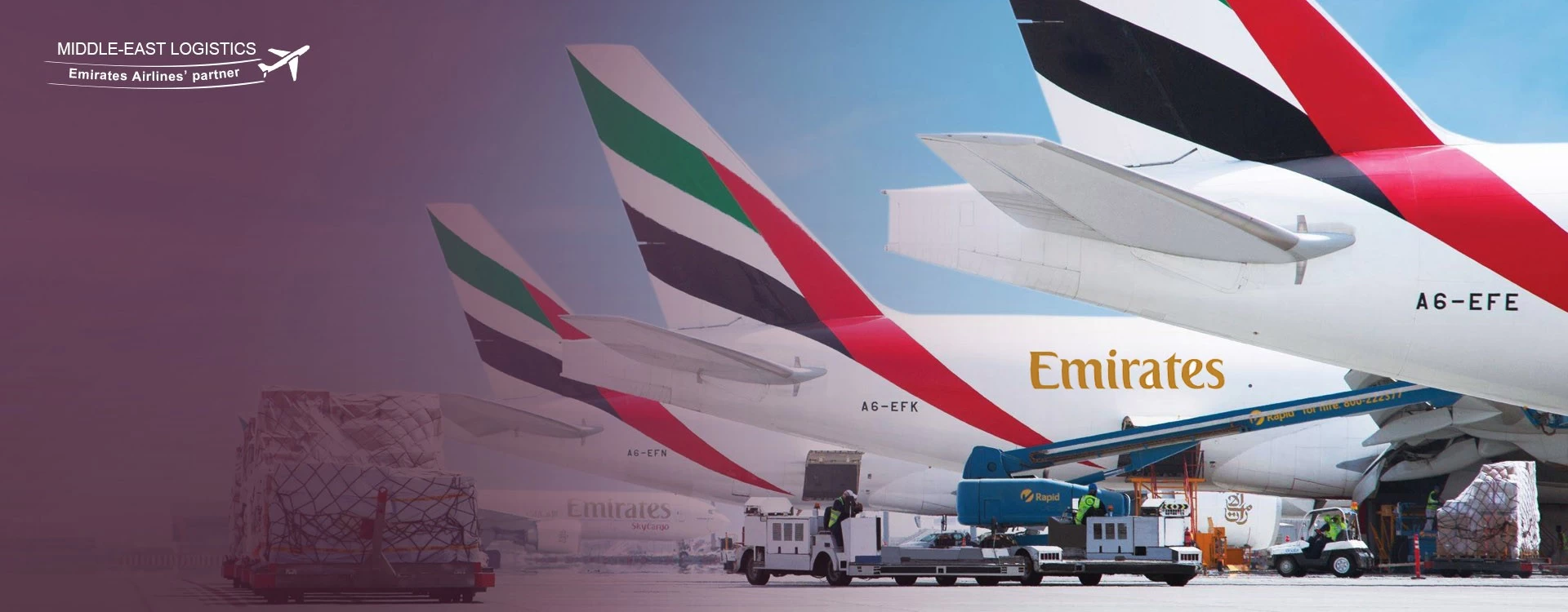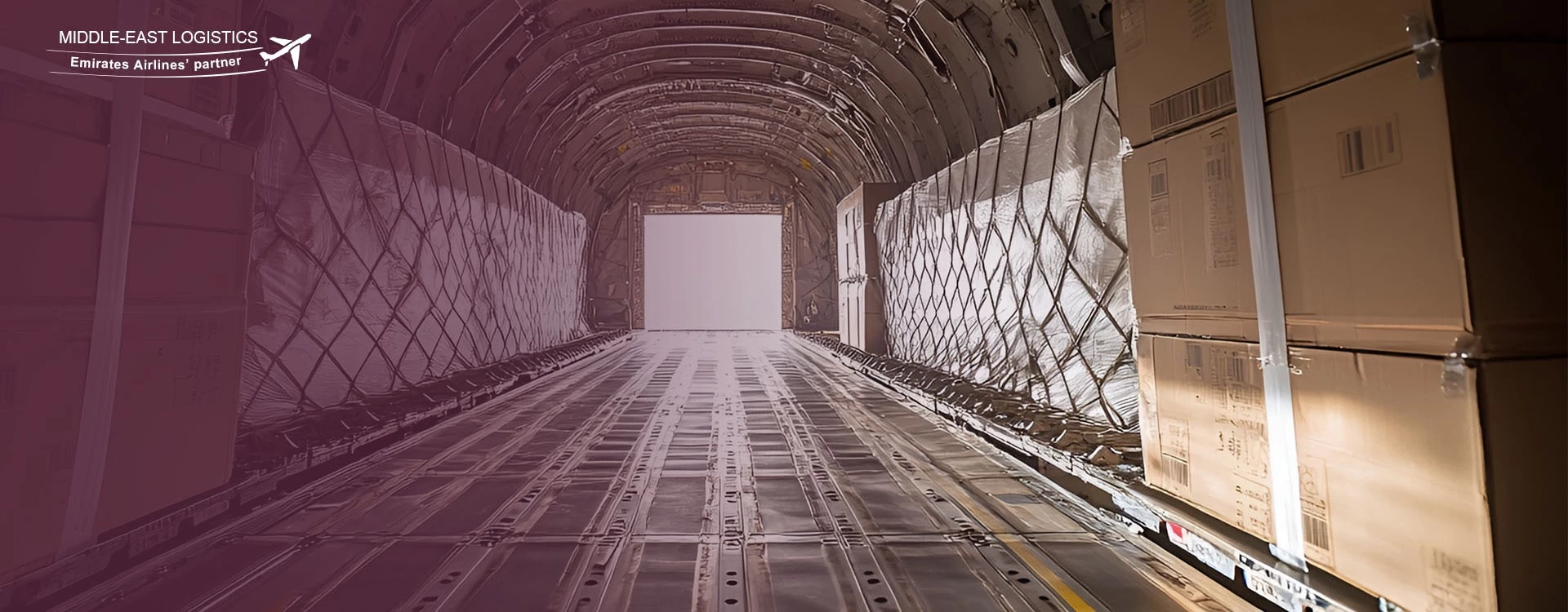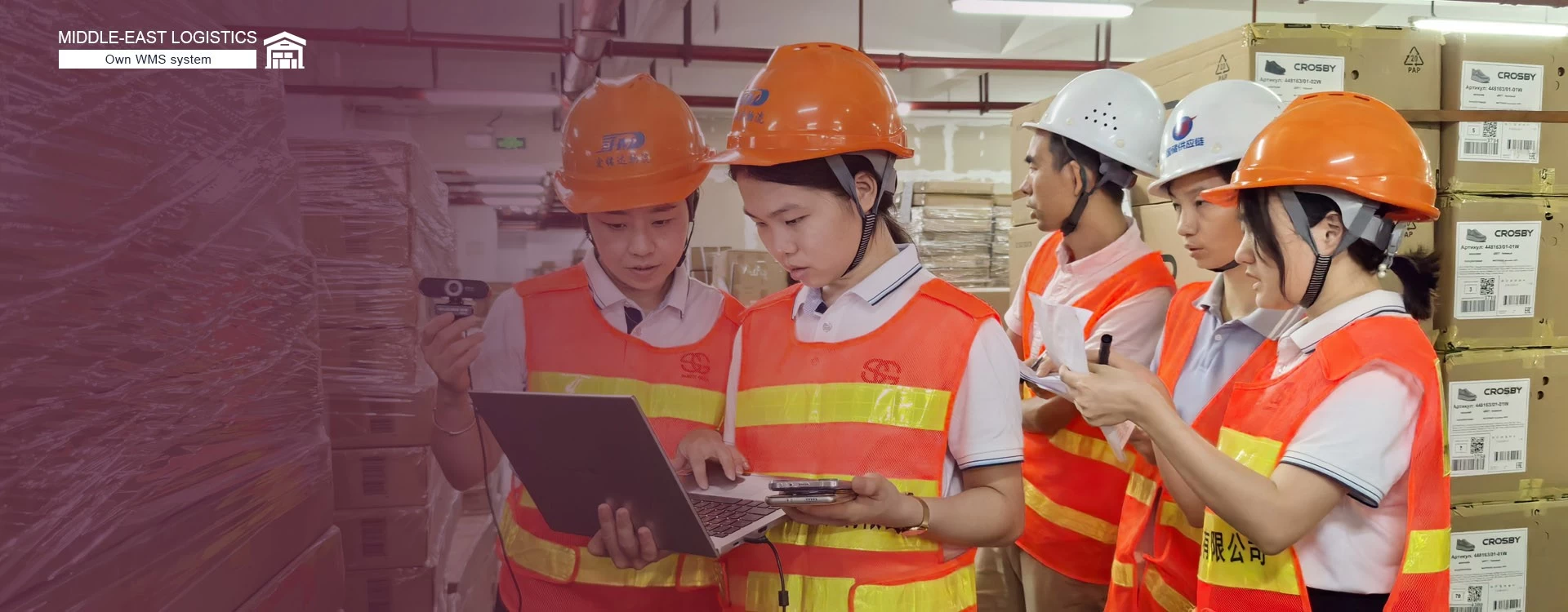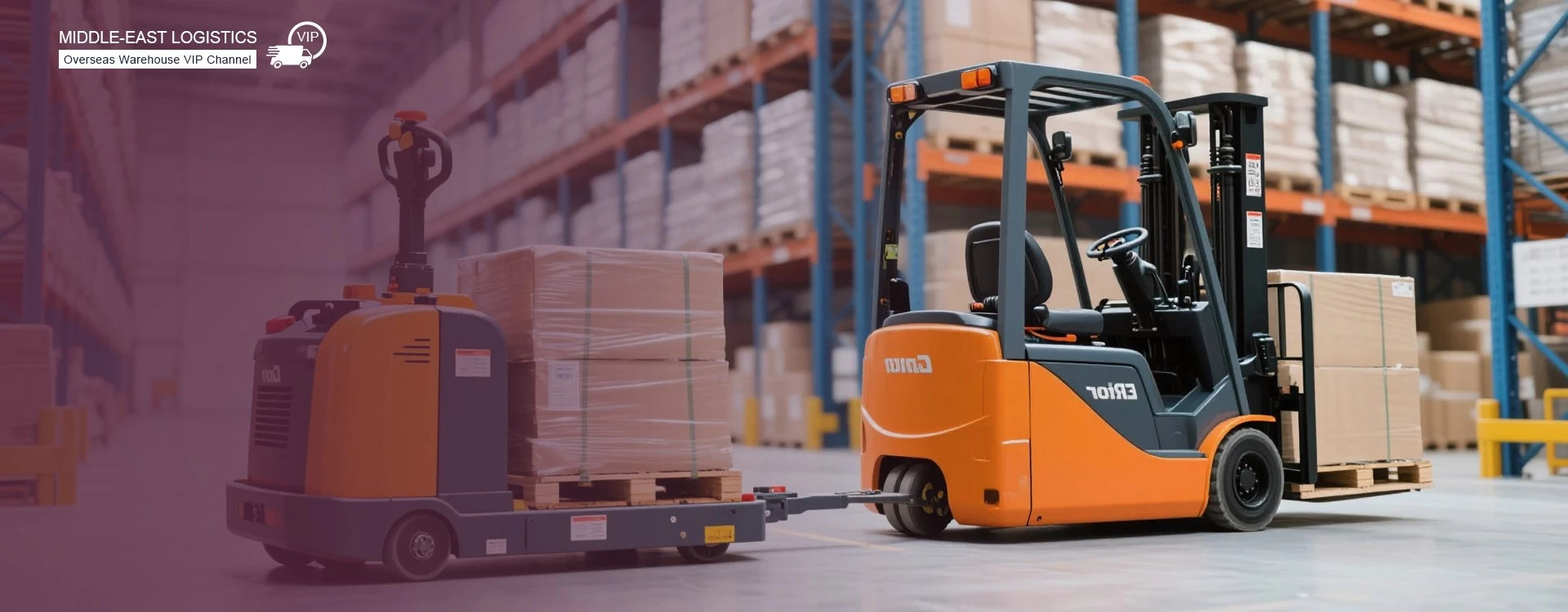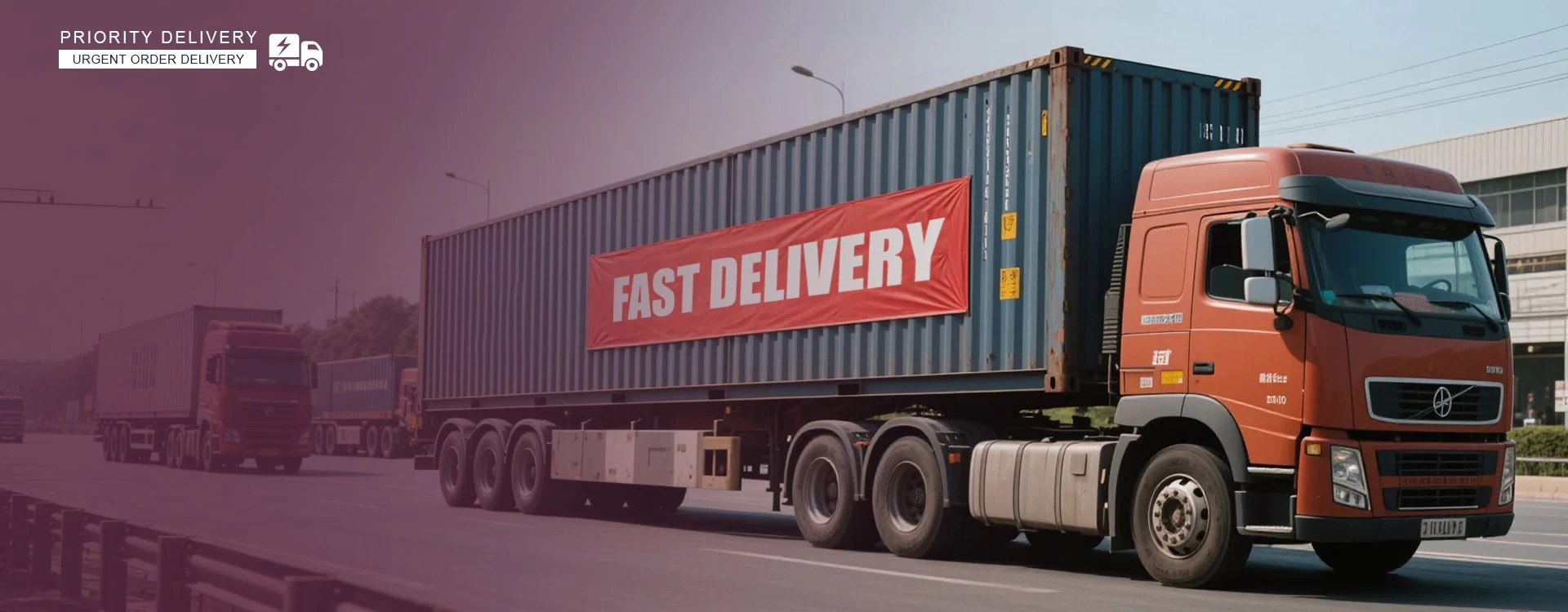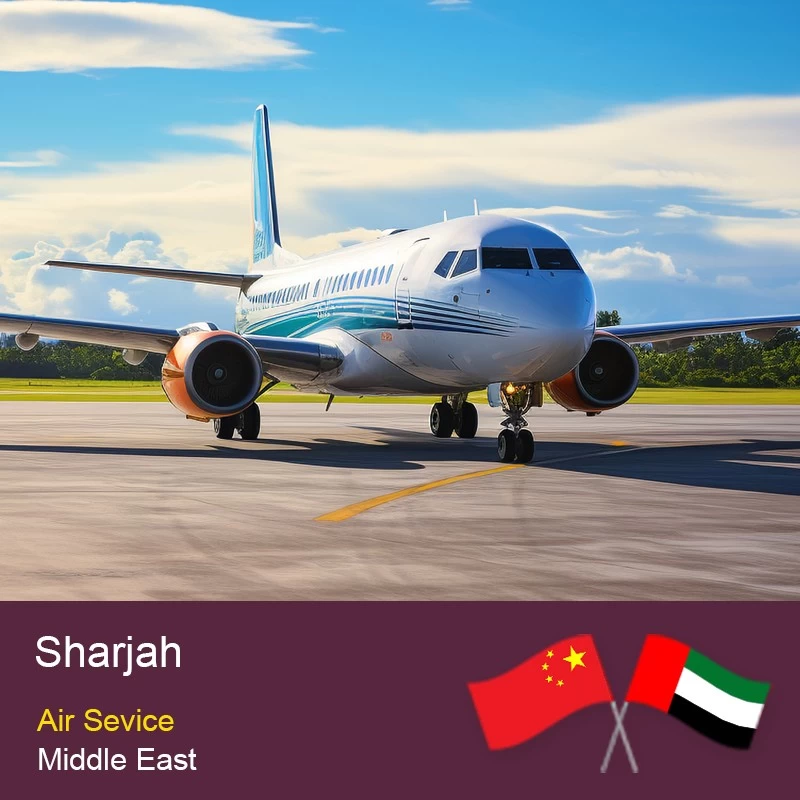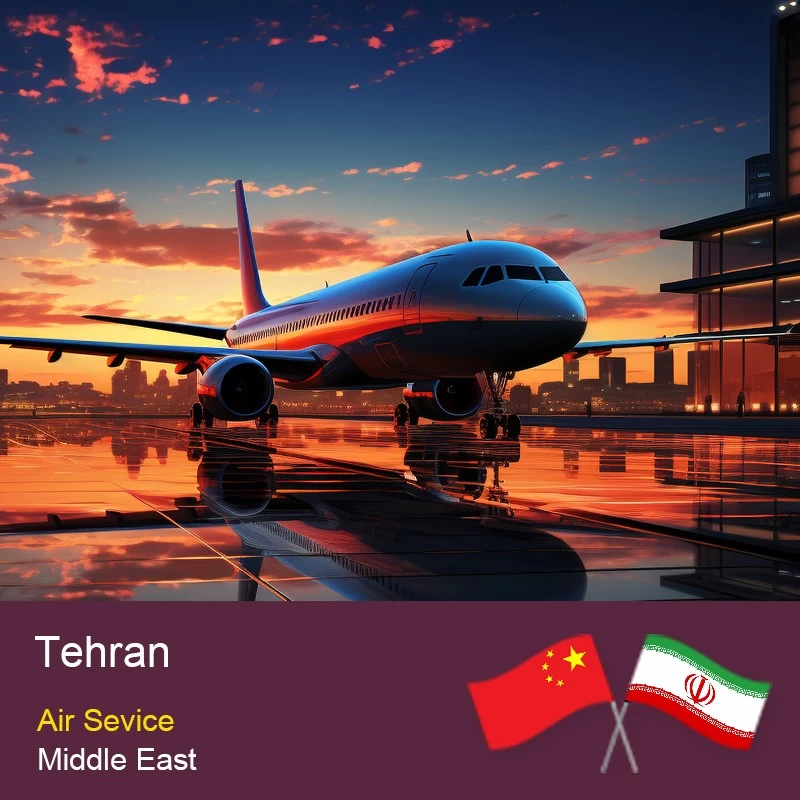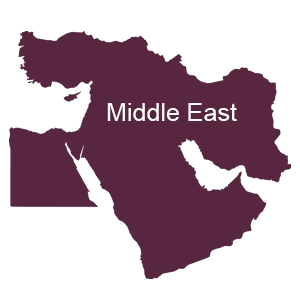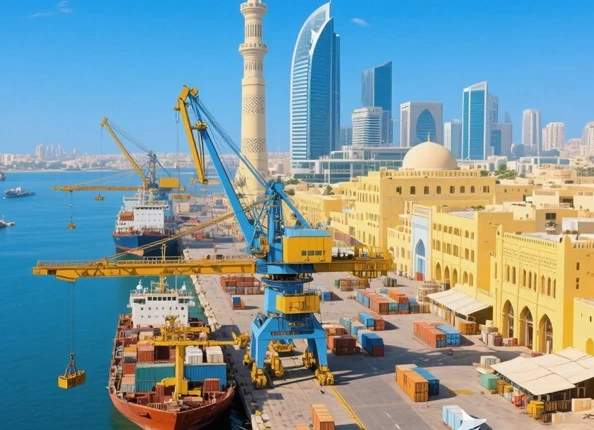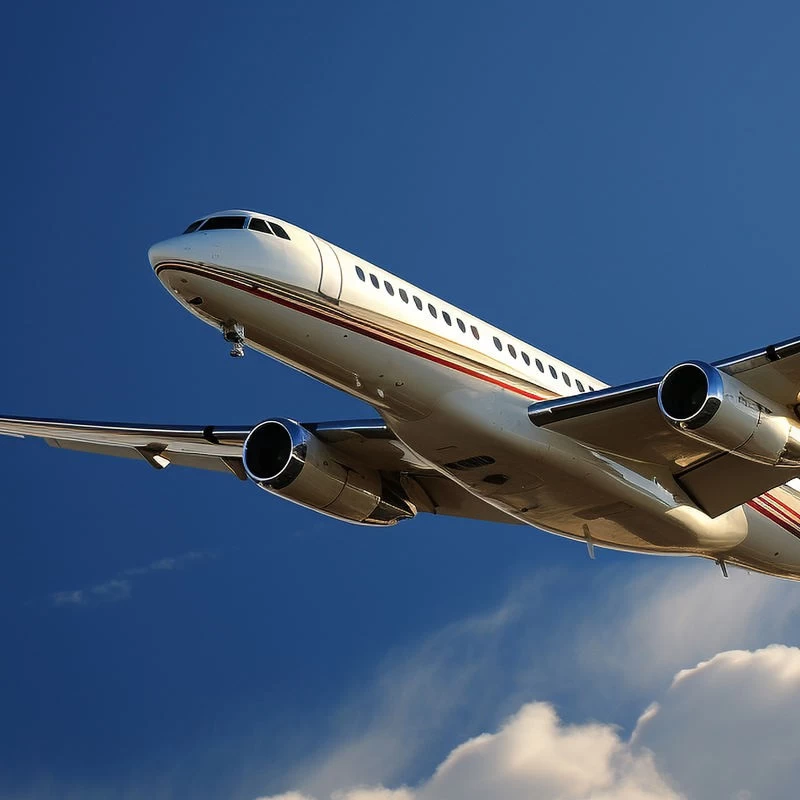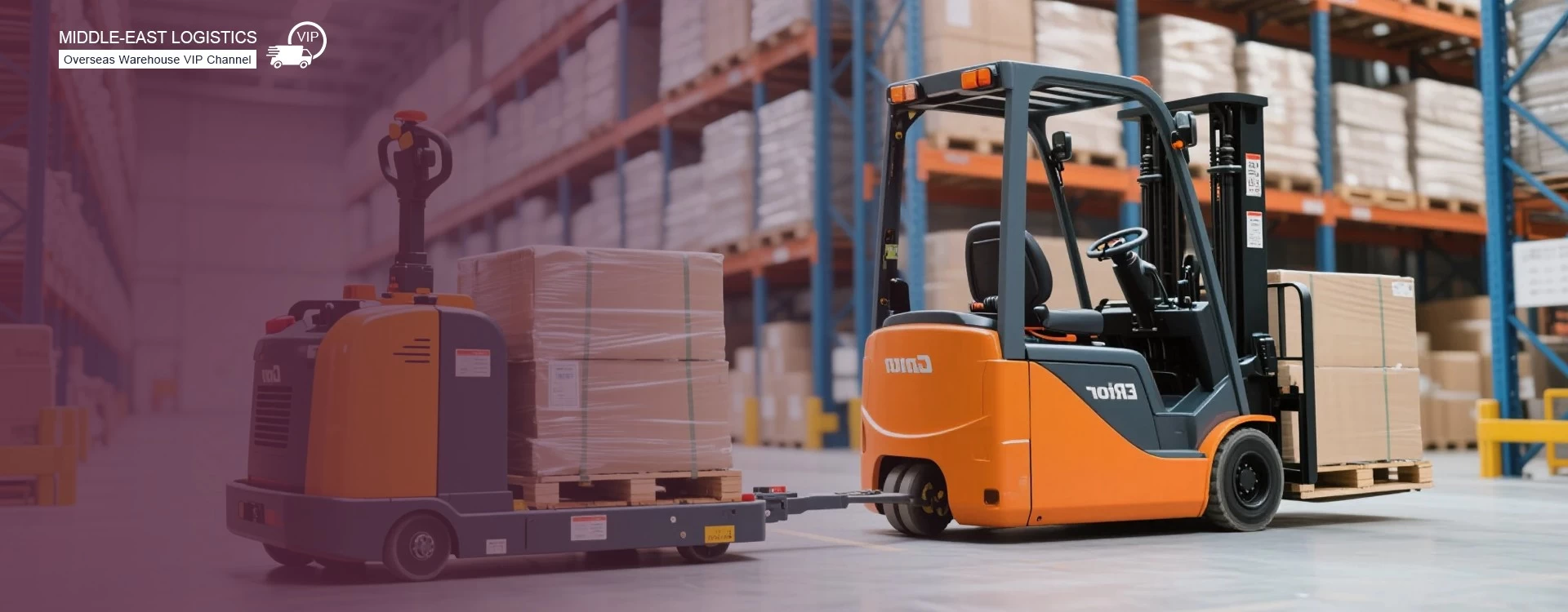Which Freight Forwarder Handles Air Freight to the Middle East?
You know which freight forwarder handles air freight to the Middle East? Manager Hua specializes in medical equipment and often ships via air freight to the Middle East. Sometimes it's lower-value items like regular surgical scalpels, medical glasses, glucometers, etc. But then there are high-value shipments, like this time – 500 sets of ECG monitors and some surgical scalpels and syringes headed for the Middle East. For these, you definitely don't dare just hand them over to any random freight forwarder you find in the market.
Regular forwarders often lack expertise in professional packing and shock-proof reinforcement. Plus, UAE customs is very strict about medical equipment imports, requiring extensive documentation. Since regular forwarders handle this type of cargo less frequently, they often don't have enough experience, leading to customs delays or even fines. While their initial quotes might look cheap, if something goes wrong later, the money you "saved" won't be nearly enough to cover the extra costs!
I explained to Manager Hua: We were established in 1998 and have been in business for 27 years now, with nearly a hundred employees. After all these years, we've built up two dedicated air freight lanes to the Middle East – what people often call being a direct charterer. Sure, plenty of companies offer Middle East air freight lanes, but having two dedicated ones? That's rare as hen's teeth!
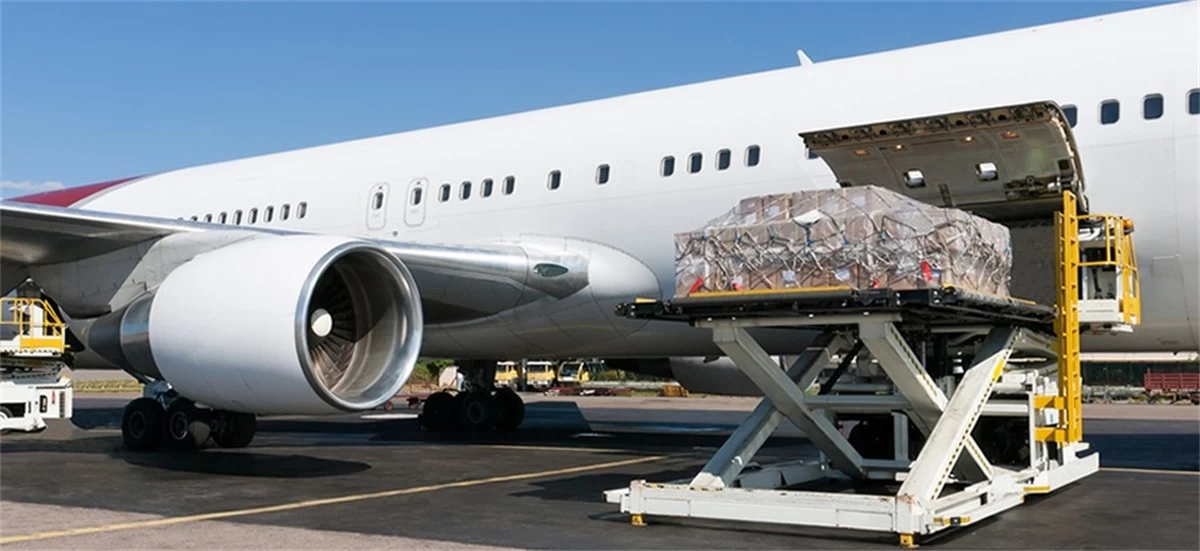 One lane is with China Southern Airlines (CZ), flying direct from Guangzhou/Shenzhen to Dubai. We have 30 fixed air cargo pallet spaces per week on this route, flying every weekday (Monday-Friday), averaging 6 pallets per day. The other lane is with Air China (CA), routing through Beijing to Dubai. This one flies even more frequently – daily, Monday through Sunday. This means every single day, there's a plane heading to the Middle East with our guaranteed pallet space on board.
One lane is with China Southern Airlines (CZ), flying direct from Guangzhou/Shenzhen to Dubai. We have 30 fixed air cargo pallet spaces per week on this route, flying every weekday (Monday-Friday), averaging 6 pallets per day. The other lane is with Air China (CA), routing through Beijing to Dubai. This one flies even more frequently – daily, Monday through Sunday. This means every single day, there's a plane heading to the Middle East with our guaranteed pallet space on board.
We all know air freight is chosen for its speed, but you can't ignore the risk of cargo getting bumped off flights – things like flight issues, weather, etc., happen. If cargo gets bumped, smaller forwarders with weaker airline relationships are often the first in line to get "prioritized" for bumping. Worse, these smaller forwarders are usually just buying space on the market; if their cargo gets bumped, they have to scramble to find space elsewhere, causing big delays.
We're different. First, our strong relationships with the airlines mean the chance of our cargo getting bumped is much lower. More importantly, with two dedicated lanes and so many contracted pallet spaces, we can activate a backup plan very quickly if needed. In short, this setup means we can reliably guarantee both speed and the ability to handle large shipments on our Middle East air freight lanes.
Another point: Manager Hua's ECG monitor supplier is in Dongguan, while the scalpel/syringe supplier is in Hefei, and their shipping schedules differ. This brings us to the warehouse issue. For high-value goods like these, you absolutely need a reliable warehouse for consolidation. We learned this the hard way ourselves.
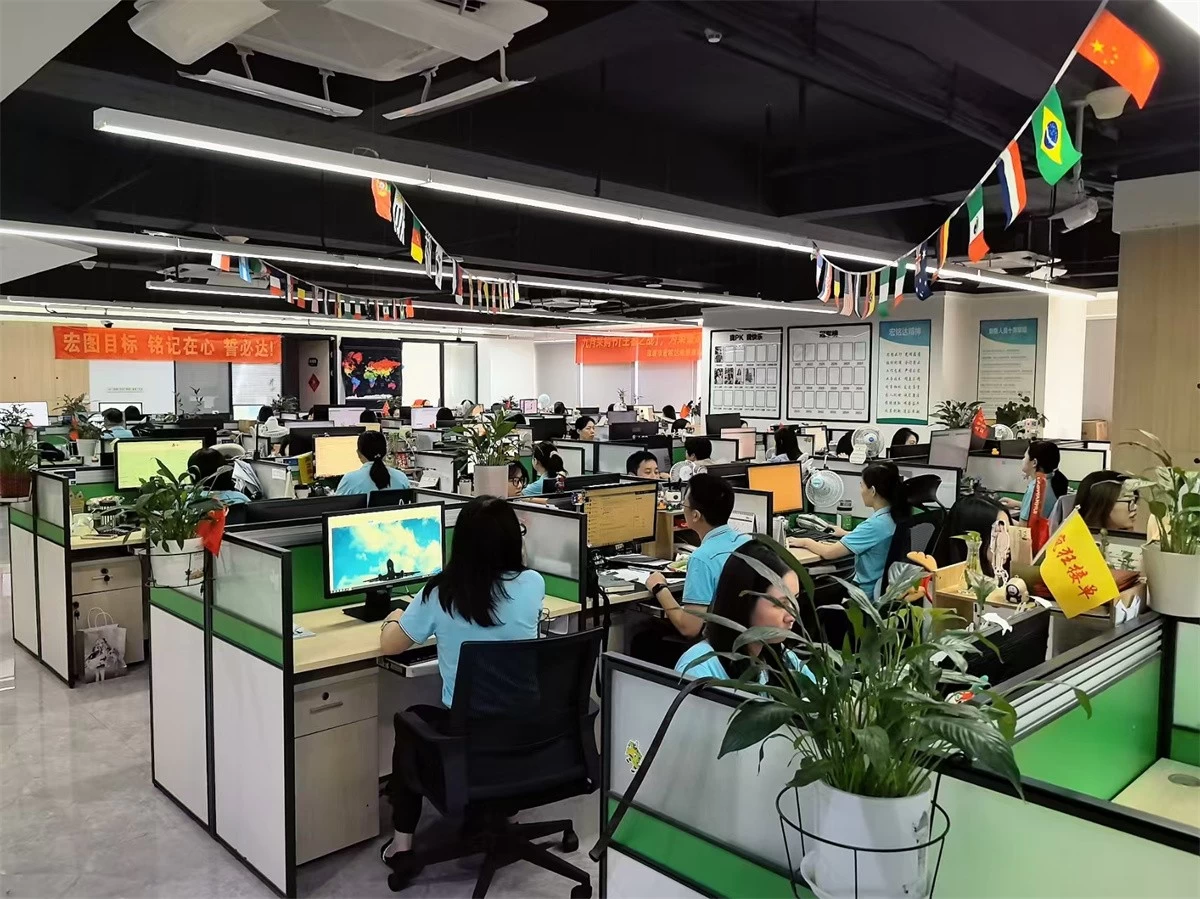 Initially, like probably 99% of freight forwarders today, we didn't own a warehouse – focused on being "light asset." That's fine normally. But when volumes surge during peak seasons, no logistics company can perfectly coordinate all those external resources. To serve better, high-value clients, you *must* have your own warehouse – a *good* one. We did get a warehouse early on, but management was lax; people could come and go as they pleased. Big clients would visit, wouldn't say much, but then we'd never hear back... clearly unimpressed.
Initially, like probably 99% of freight forwarders today, we didn't own a warehouse – focused on being "light asset." That's fine normally. But when volumes surge during peak seasons, no logistics company can perfectly coordinate all those external resources. To serve better, high-value clients, you *must* have your own warehouse – a *good* one. We did get a warehouse early on, but management was lax; people could come and go as they pleased. Big clients would visit, wouldn't say much, but then we'd never hear back... clearly unimpressed.
Later, we secured a warehouse at Yantian Port. It's a six-story building with strict management protocols: mandatory sign-in, hard hats, work uniforms. Clear rules on designated walkways. When cargo arrives, it's photographed and weighed immediately. Space allocation and stacking locations are strictly planned based on volume. For large enough volumes, clients can even request live CCTV monitoring. Fire safety is top-notch across all six floors – consistent standards everywhere. I assured Manager Hua his medical equipment would be perfectly safe stored temporarily in this warehouse, and he agreed.
Under my management, Manager Hua's medical equipment shipment was successfully sent via air freight to the Middle East and arrived safely at his designated warehouse.